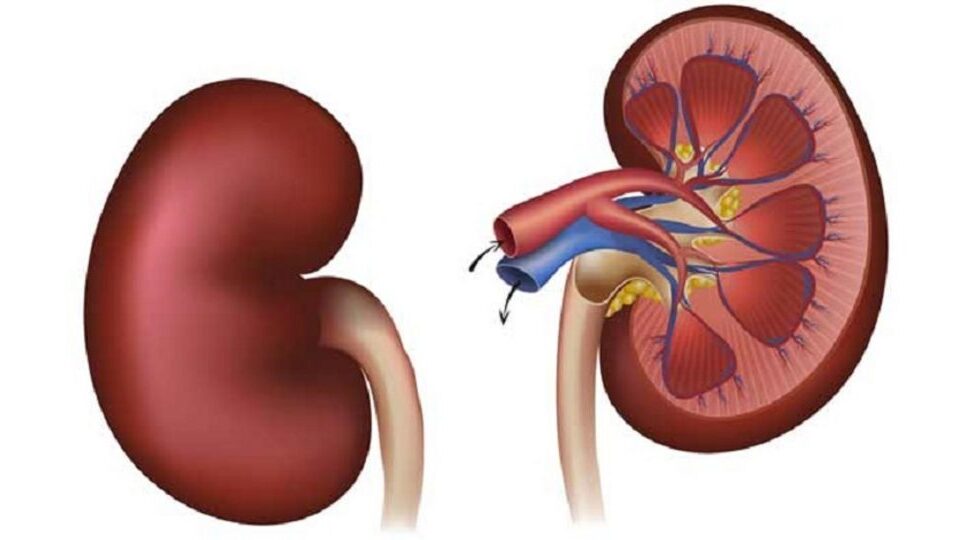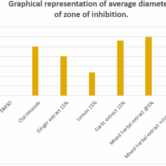- Your cart is empty Browse Shop

Managing Medications with Chronic Kidney Disease in 2025: A Complete Guide
Introduction
Living with chronic kidney disease (CKD) means navigating a complex medication landscape! As someone with compromised kidney function, the way your body processes medications differs significantly from those with healthy kidneys. A staggering 37% of CKD patients take at least five different medications daily, according to the National Kidney Foundation’s 2024 report. This medication burden not only challenges your daily routine but also increases risks of drug interactions and adverse effects. I’ve created this guide to help you understand how CKD affects medication management and equip you with practical strategies to stay safe and healthy while managing your condition.
Understanding How CKD Affects Medication Processing

Chronic Kidney Disease (CKD) throws a wrench into the body’s ability to process medications. As kidney function declines, drugs that would normally be filtered out hang around longer, sometimes leading to toxic levels. The kidneys are like the body’s natural waste disposal system, and when they slow down, so does the process of eliminating medications. This is why doctors talk about “renal dosing”—adjusting medication amounts so they don’t build up to dangerous levels.
Renal dosing is crucial because an impaired kidney can’t effectively clear certain drugs, making even standard doses risky. Doctors often rely on Glomerular Filtration Rate (GFR) to determine the right medication adjustments. GFR is like a report card for kidney function; the lower the score, the less efficiently the kidneys filter out waste, including medications. Some drugs require total avoidance, while others just need smaller doses or longer intervals between doses. Regular kidney function tests help fine-tune these adjustments over time.
Certain medications demand extra attention in chronic kidney disease patients. Blood pressure medications, particularly ACE inhibitors and ARBs, are often prescribed to protect the kidneys but must be used carefully to avoid excessive potassium buildup. Pain relievers like NSAIDs are notorious for worsening kidney function, and some antibiotics require modified dosing. Even over-the-counter drugs and supplements can pose hidden risks, making regular medication reviews essential.
Medications Commonly Prescribed for CKD Patients
Managing chronic kidney disease often means juggling multiple medications to protect kidney function and manage symptoms. Blood pressure control is a top priority, with ACE inhibitors and ARBs playing a key role in reducing kidney strain. These medications slow disease progression but require careful monitoring due to their impact on potassium and kidney function.
Phosphate binders help control mineral imbalances, preventing dangerous calcium-phosphorus buildups that can lead to bone disease. Vitamin D supplements and erythropoietin-stimulating agents are commonly used to address deficiencies and prevent anemia, a frequent complication of chronic kidney disease.
Diuretics help control fluid buildup, but they must be prescribed carefully to avoid dehydration and electrolyte imbalances. Pain management is another tricky area, as many standard painkillers are off-limits. Acetaminophen is generally considered safer than NSAIDs, which can further harm the kidneys. Additionally, Chronic Kidney disease patients often take medications for conditions like diabetes and heart disease, requiring a delicate balance to avoid interactions and complications.
Medications to Avoid or Use with Caution
Some medications pose serious risks for Chronic kidney disease patients and should be avoided or used with extreme caution. NSAIDs (like ibuprofen and naproxen) are particularly harmful, as they reduce blood flow to the kidneys and can accelerate damage.
Certain antibiotics, including aminoglycosides and vancomycin, require dose adjustments or alternative options to prevent toxicity. Contrast dyes used in imaging procedures can be dangerous, sometimes triggering acute kidney injury in vulnerable patients. Over-the-counter medications like decongestants and antacids with high sodium or aluminum content can also be problematic.
Herbal supplements may seem harmless, but some—like licorice root and St. John’s Wort—can interfere with kidney function or medication effectiveness. Always check with a healthcare provider before adding new supplements.
Working With Your Healthcare Team

Staying on top of Chronic kidney disease medications requires open communication with healthcare providers. Medication reconciliation at each appointment ensures that prescriptions remain appropriate and up to date. Patients should ask nephrologists about new medications, potential interactions, and alternative options when concerns arise.
Pharmacists play a vital role in CKD medication management, offering insights on dosing, interactions, and safer alternatives. Preparing for appointments with a list of medications, including over-the-counter drugs and supplements, helps maximize discussions. Keeping all healthcare providers informed about chronic kidney disease status is crucial to prevent harmful drug interactions.
Practical Medication Management Strategies
Managing multiple medications can feel overwhelming, but simple strategies help keep things on track. Organizational tools, like pill organizers and medication lists, reduce confusion. Setting alarms or using medication reminder apps ensures doses aren’t missed.
Proper storage, such as keeping medications in a cool, dry place, helps maintain their effectiveness. Financial concerns are common with chronic kidney disease medications, but programs like manufacturer discounts, insurance assistance, and generic alternatives can help make treatment more affordable. Substitutions with generics also works well.
Managing Side Effects and Complications
Every medication comes with potential side effects, and chronic kidney disease medications are no exception. Common side effects include dizziness, swelling, nausea, and electrolyte imbalances. Staying hydrated, taking medications with food (if appropriate), and reporting unusual symptoms to a doctor can help manage these issues.
Adverse drug reactions require immediate attention—severe allergic reactions, extreme fatigue, or sudden swelling should never be ignored. Drug interactions are another concern, as chronic kidney disease patients often take multiple medications that can interfere with each other.
Missed doses happen, but it’s important to know how to handle them safely. Some medications can be taken later, while others should be skipped entirely until the next scheduled dose. During illness or dehydration, medication adjustments may be necessary, so checking with a pharmacist is always a good idea.
Conclusion
Managing medications with chronic kidney disease requires vigilance, organization, and strong communication with your healthcare team. By understanding how your kidneys affect medication processing, knowing which drugs require special attention, and implementing practical management strategies, you can significantly reduce your risk of complications. Remember that medication management is a journey that evolves with your kidney function—stay proactive by keeping all your providers informed about your complete medication list and reporting any unusual symptoms promptly. Your kidneys may be compromised, but with careful medication management, you can maintain your best possible health and quality of life.
chronic kidney disease medications
renal dosing
kidney-friendly pain relievers
nephrotoxic medications
CKD drug interactions
medication reconciliation for kidney disease
kidney disease pill organizers
ACE inhibitors for CKD
ARBs kidney protection
phosphate binders
vitamin D for kidney disease
erythropoietin-stimulating agents
diuretics in kidney disease
NSAIDs kidney damage
antibiotic dosing in renal impairment
contrast-induced nephropathy
OTC medications kidney disease
herbal supplements kidney disease
medication adherence CKD
kidney medication side effects
drug metabolism in CKD
renal drug clearance
medication burden in kidney disease
GFR medication adjustments
CKD comorbidity medications
kidney disease polypharmacy
blood pressure medications CKD
potassium-sparing diuretics kidney disease
loop diuretics kidney disease
kidney medication management apps
CKD medication costs
medication storage kidney disease
kidney transplant medications
dialysis medication adjustments
peritoneal dialysis drugs
hemodialysis medication timing
kidney specialist medication review
pharmacist role kidney disease
medication safety CKD
kidney disease medication list
drug-induced kidney injury
stage 3 CKD medications
stage 4 CKD medications
stage 5 CKD medications
diabetic kidney disease medications
hypertensive kidney disease drugs
glomerulonephritis treatments
PKD medications
medication dosing in AKI vs CKD
kidney-friendly antibiotics
kidney nutrition supplements
renal mineral supplements
medication changes pre-dialysis
kidney disease medication tracking




